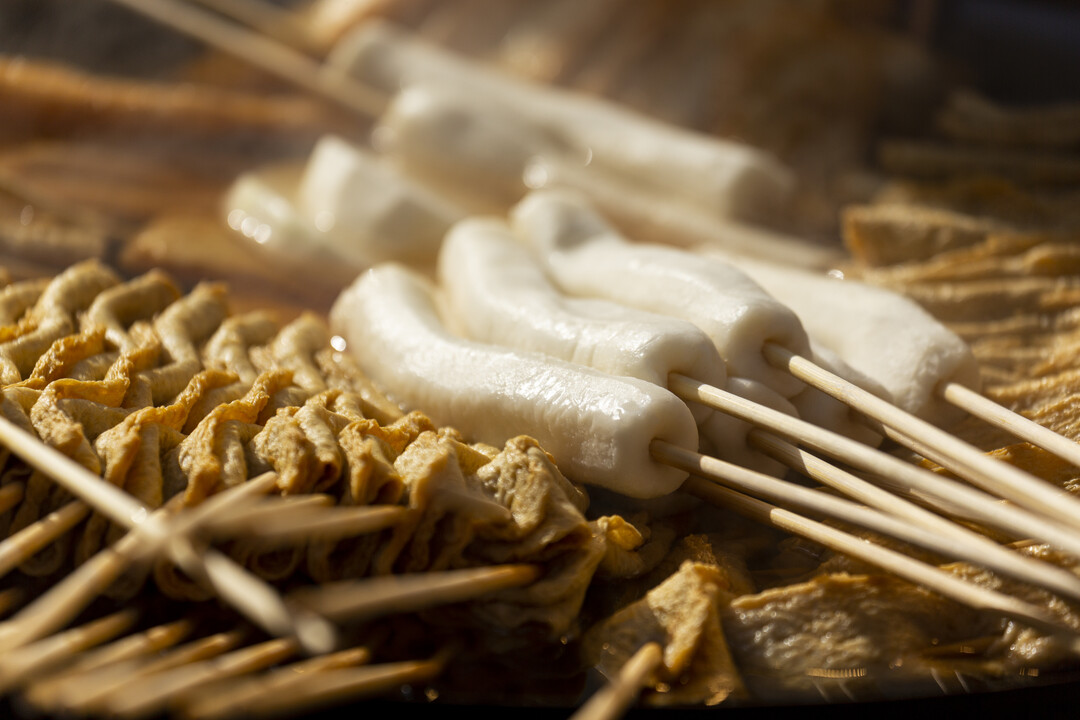
SEOUL, South Korea – A recent study by the Korea Consumer Agency has revealed that popular wintertime snack, fish cakes (eomuk), are surprisingly high in sodium. In fact, some products contain nearly half of the recommended daily sodium intake in just 100 grams.
The agency tested 12 fish cake products, finding that the sodium content ranged from 689 to 983 milligrams per 100 grams, equivalent to 34% to 49% of the recommended daily intake. Consuming just two or three slices of fish cake, a common serving size, can exceed the recommended daily sodium intake for a single meal.
"Fish cakes are a beloved wintertime snack, but consumers should be aware of their high sodium content," said [Name], a spokesperson for the Korea Consumer Agency. "Especially when consumed in soup, the sodium levels can skyrocket."
The study also found that fish cakes are a good source of protein, but they are also high in carbohydrates. The calorie content varied depending on the product, but on average, 100 grams of fish cakes contained between 139 and 214 calories.
While most of the tested products met safety standards, some issues were identified with labeling. For instance, one product was found to contain undeclared mackerel allergens, and another lacked clear instructions for storage after opening.
Price differences among the tested products were significant, with prices ranging from 600 to 1,479 won per 100 grams.
[Copyright (c) Global Economic Times. All Rights Reserved.]






























